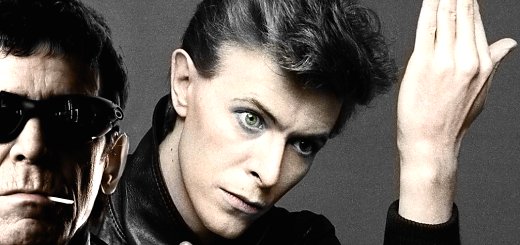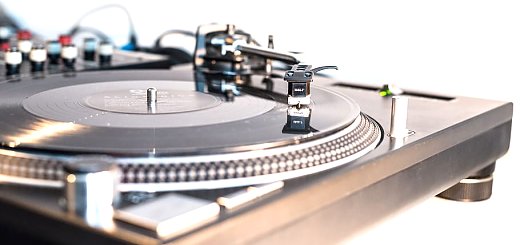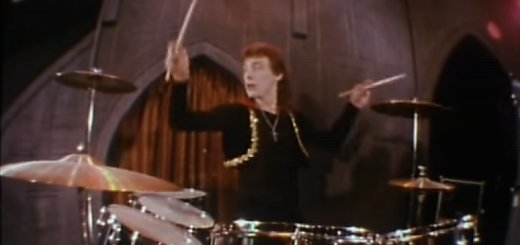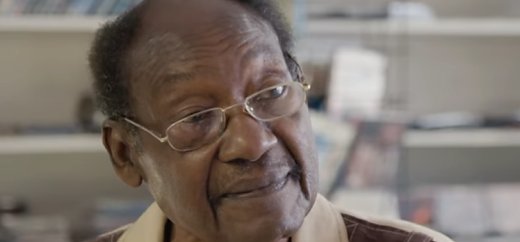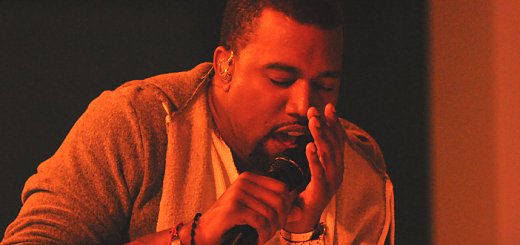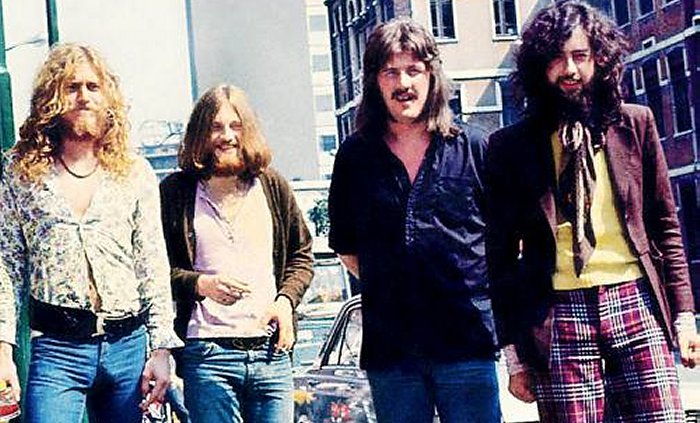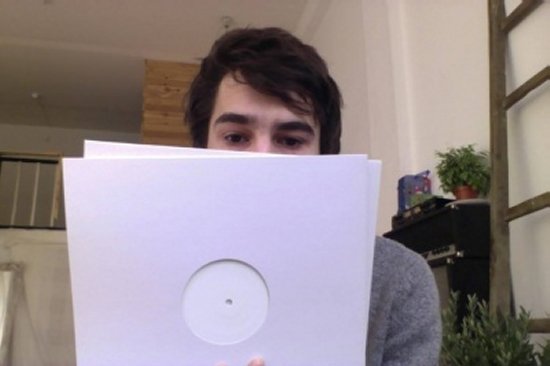The 100 greatest emo songs of all time

"Emo has long been denied serious critical assessment, often dismissed as music for teens but never subject to the generous leeway or empathy given to pop music specifically designed for adolescents. But unlike with grunge or goth or any other subgenre that evolved from a defined set of sonic characteristics to a fashion phenomenon, the definition of 'emo music' is either too narrow or too vague to the point of being almost completely useless" - Ian 'Master of Emo' Cohen writes in the introduction to his list of 100 best emo songs, going back almost 40 years.
